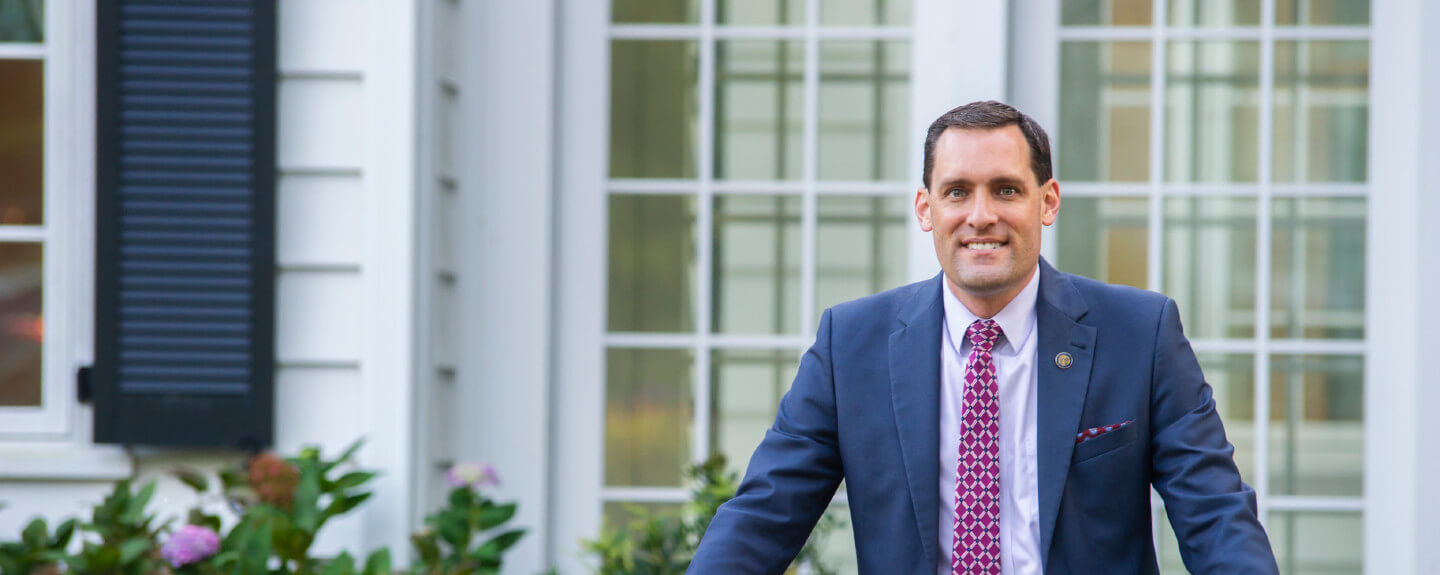Across the Aisle
Most Americans say they want more politicians to work together across partisan differences. I want that too. That’s why I recently decided to accept an invitation to attend Jeb Bush’s annual education summit along with a bi-partisan group from North Carolina. As it turned out, I was the only Democratic legislator in our group.
I’ve been at events before where I wanted people from the other side of the political spectrum to attend. I believed that if they could just hear the logic in what was being discussed, they would understand and agree about how important the issue was.
Being on the flip side of the equation was a fascinating learning experience. I went in open to listening to what was being presented, but I certainly was also holding on to my beliefs. Overall, I found that I could agree with at least half of what was being shared.
I even found my mind changing on one occasion. North Carolina is about to implement a system to give every school a letter grade of A through F. The system that North Carolina is about to employ has always seemed too simplistic to me, and for many schools it will feel punitive. In Florida, their A-F grading system is based on a much more complex set of variables, and they use it to incentivize change. Want more schools to close the achievement gap? Give them a better grade for improving on that metric. It’s more aspirational than punitive. I liked that.
On the other hand, there were other discussions that left me feeling disgusted, usually when I felt the conservative push for competition in the education sector through unlimited charter schools and private-school vouchers. Eventually, I started asking other attendees what about policy ideas for the public schools that are still struggling after a lot of kids leave through “choice” programs. The unsatisfying answer that I got was that maybe the families who choose to stay in those schools should come together to fix them, or that the schools should just be closed. I find those solutions untenable.
The most fascinating part of being a Democrat at the event was that it was so overwhelmingly attended by Republicans that most people assumed I was one too. Often, people I talked with weren’t trying to play politics with me, they were telling me what they really thought. It was actually refreshing, because I was sincere in wanting to learn what they were thinking. We didn’t have to dance around partisan difference.
Whenever people did find out that I was a Democrat, reactions were mixed. Some people were curious about finding a Democrat there, but others were immediately skeptical and guarded.
While doing my best to be the statesman who not only reaches across the aisle but also immerses himself in his opponents’ world, I still found myself struggling. It was much harder than I thought it would be, but not because of disagreements that I had with their policies. It was harder on an emotional level.
I started to notice myself bristle when as it became clear that what was supposed to be a non-partisan environment was actually a very comfortable space for Republicans to bash Democrats. I’m used to bashing of course, but somehow I hoped that this would be different out of a shared interest in improving our educational system.
My discomfort deepened as presenters and attendees continued to refer to themselves as “reformers”, a term used to draw a distinction between the pro-school choice, pro-accountability, anti-union advocates and the teachers unions and traditional public school advocates. Since I spent sixteen years working in public schools, there were things said that I took as an insult to people who I have worked with and care about.
There was a dismissiveness that anyone who wasn’t a “reformer” doesn’t truly care about kids. I didn’t like that, but I also knew that my friends and allies would probably say the reformers don’t truly care about kids. That reflexive judgment from both sides saddens me.
As a Democrat in North Carolina’s General Assembly, I know that I can’t push my own education policy agenda forward without collaborating with Republicans. As the conference closed, I tried to extend myself one more time and asked one of my Republican colleagues “What did you see here that you want to bring back to North Carolina? Can we work together on any of your ideas?” He looked shocked to even hear my offer. But we promised to meet early in 2015, and I look forward to the conversation. I’ll bring a few ideas of my own.
Graig Meyer is the State Representative for House District 50, covering portions of Orange and Durham Counties. He can be contacted at graig.meyer@ncleg.net. This article originally appeared as part of Graig’s monthly column in the News of Orange County.

